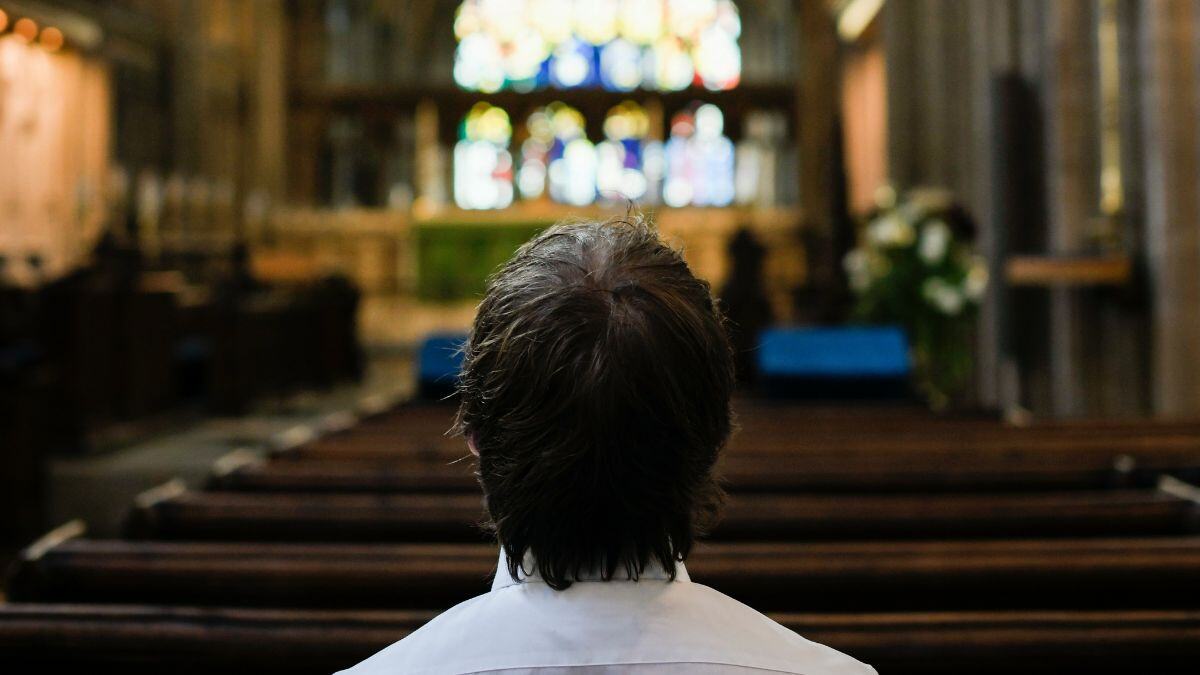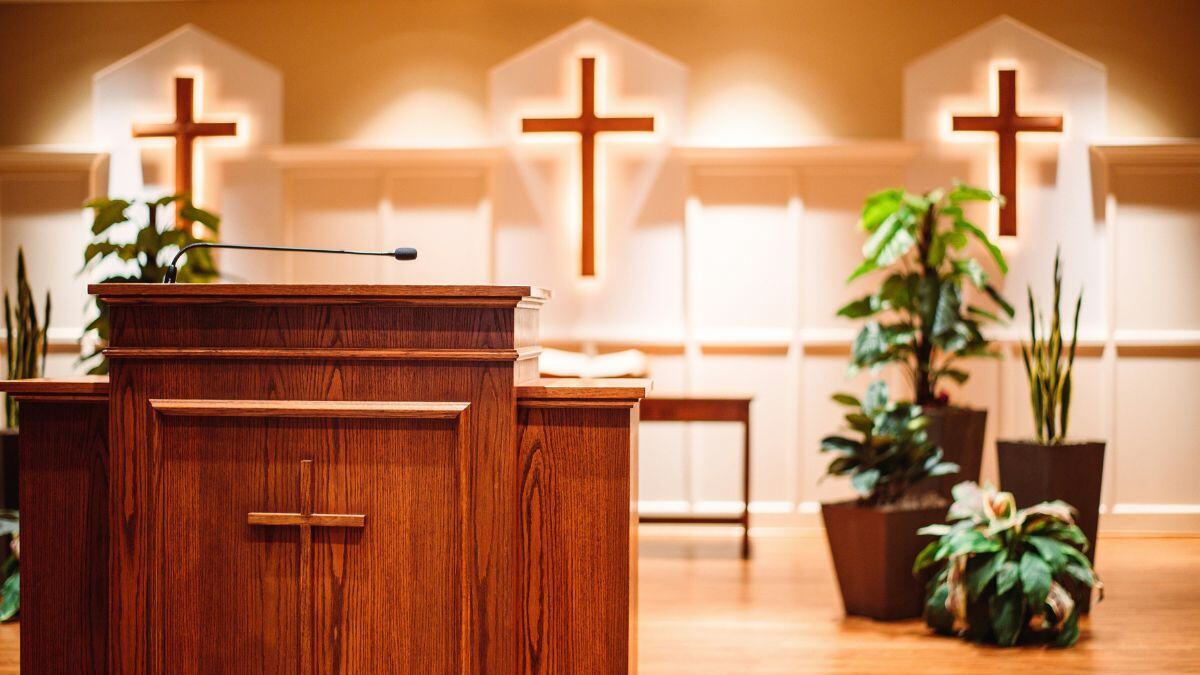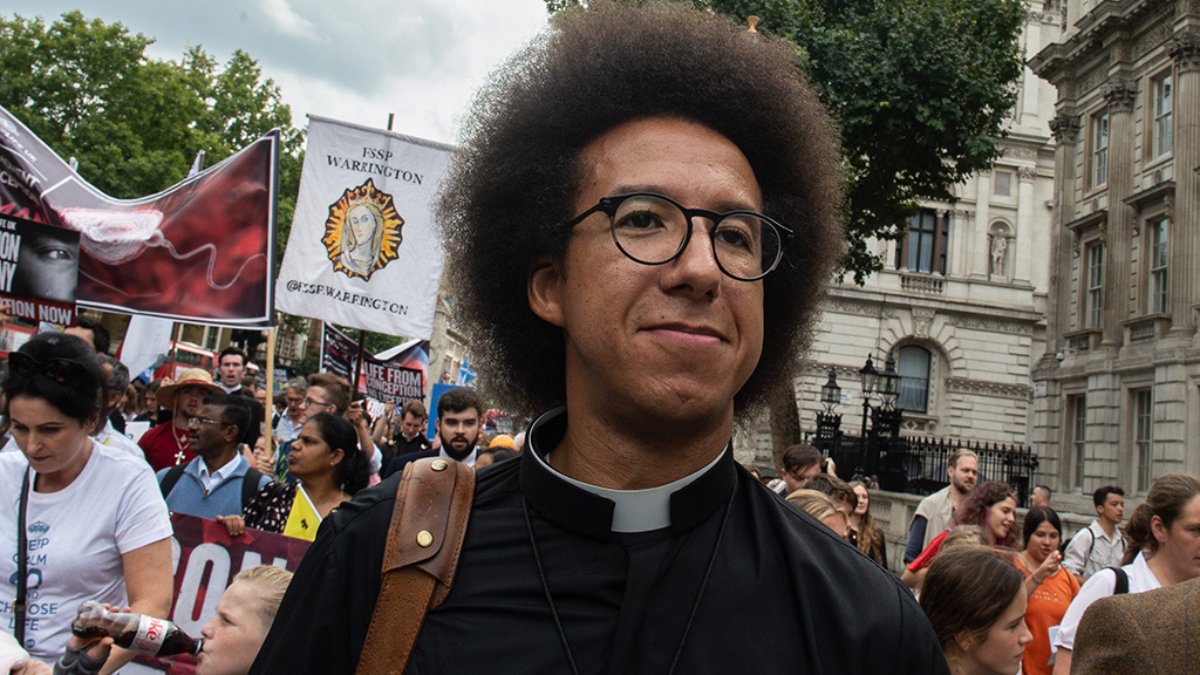Progressive “Christian Nationalism”
Author: John Stonestreet and Shane Morris

A recent story announced that the Church of England planned to drop the word “church” from its name. As it turns out, this was not an official act but only an internal report from some local congregations looking to rebrand. According to the report, words like “congregation” or “community” better explain new outreaches, such as youth groups and sports ministries, that do not meet in the Church of England’s cathedrals and churches. Of those surveyed, “Not one diocese used the term church in their ‘main descriptor’… all of the dioceses had chosen a descriptor that allowed for breadth in ecclesial form.”
Of course, dropping “church” or “Baptist” or some other former identifier has been a part of American evangelicalism for a few decades or more. Churches that were previously known as “First Baptist” or “Calvary” are now known as “Engage” or “Encounter.” There’s even a website, namemy.church, that can auto-generate a church name.
To be clear, many of the churches that don’t refer to themselves as “churches” are great churches, with solid, biblical teaching, pastoring, and programming to help families and those in need. So, does having the word “church” in a name even matter?
Over the centuries, Christ has fulfilled His promise to build His Church, via various expressions across various times and places. Specifically, the churches in England played a distinct role in the re-evangelization of much of Europe after the barbarian invasions. The ecclesial family trees of Baptists, Methodists, Pentecostals, Quakers, and Presbyterians, not to mention Anglicans, run through England. God used the English preachers John and Charles Wesley and George Whitfield to spark the revivals in the eighteenth century that were, in turn, the headwaters of contemporary evangelicalism. William Wilberforce, the Anglican mentored by Anglican cleric John Newton, led the charge against slavery and became a father of Protestant Christian social action. And it was English missionaries, along with their American cousins, who led the great missions movements of the nineteenth and twentieth centuries that helped make the Global South the Christian bastion it is today.
And yet, despite this rich history and veneer of Christian culture that remains, the church situation in England is grim. The funeral of Queen Elizabeth II might have given the world a front row seat to Anglican liturgy, but the number of self-professed Christians in England sits below 50%. Every few weeks, it seems, we hear stories from England of hostility to Christian belief, such as another Christian arrested for praying silently. At the same time, the Church of England seems just as committed to disconnecting itself from its beliefs, for example in blessing same-sex “weddings.”
In other words, while the loss of a name is an important development, it is not nearly as significant as losing conviction. After all, how much of an edifice can be replaced before it’s no longer the same thing? In the case of many of the formerly great Christian denominations here and around the world, how many Church doctrines, standards, and practices can be replaced before a church is no longer the Church?
The 2025 Colson Center National Conference will address that question. The theme of the event, “Be the Church,” may sound simple, but in an age in which we are tempted to place our hope in everything else and abandon our identity, we must wrestle with what it means.
As Chuck Colson wrote in his book The Body:
The question of our day is not what then shall we do, but, as always, who then shall we be? Our identity in Christ will dictate our actions. Our task, first, is to be the church, the bride of Christ, the Body…. Any genuine resurgence of Christianity, as history demonstrates, depends on a reawakening and renewal of that which is the essence of faith—that is, the people of God, the new society, the body of Christ, which is made manifest in the world—the church.
Please join us May 30 – June 1 in Louisville, KY as we wrestle together with what it means to be the Church that Christ saved us to be. Learn more and take advantage of early bird pricing at colsonconference.org.

Author: John Stonestreet and Shane Morris

Authors: John Stonestreet | Kasey Leander Few people, particularly in the U.K., have shown the kind of courageous, tenacious commitment to truth as...

Authors: John Stonestreet and Dr. Timothy Padgett